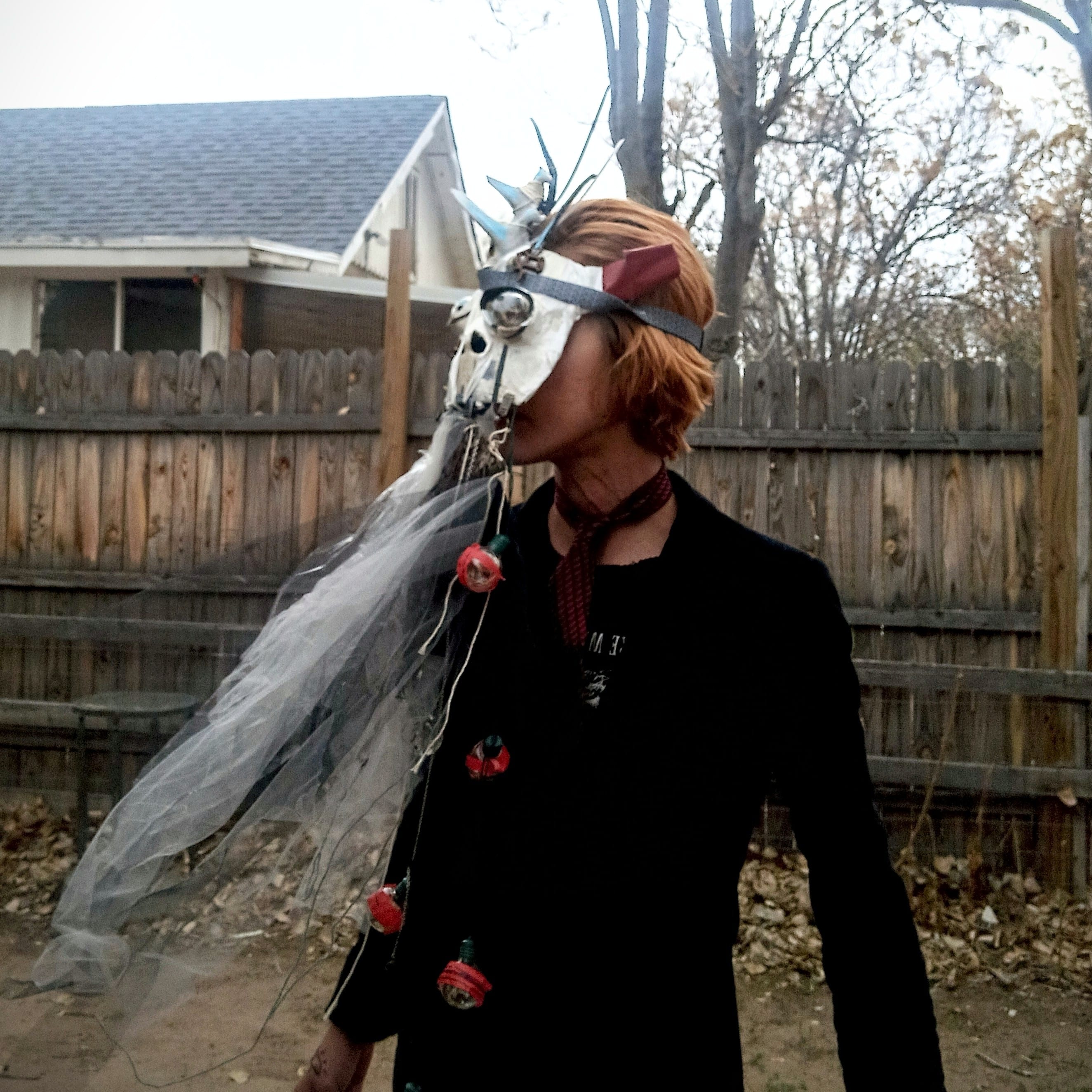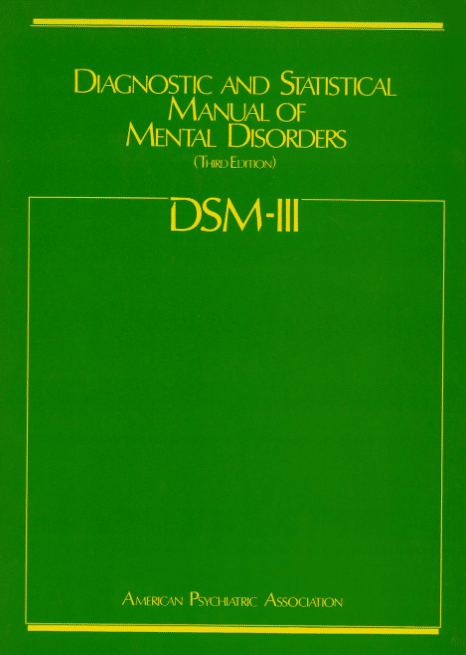Part 1 of 4
In 1980, the DSM-III first added narcissistic personality disorder (NPD) to its diagnostic manual. It incorporated the trait of passive aggression, which applies primarily to covert/vulnerable NPD. We don’t diagnose passive aggression anymore because most people are, to some degree, passive-aggressive. The term has desaturated. Today, the DSM-5 has yet to distinguish between malignant and grandiose pathological narcissism, while practicing behavioral therapists do.
In 2015, the WHO issued guidelines on best practices for naming infectious diseases. Dr. Keiji Fukuda, Assistant Director-General for Health Security at WHO, highlighted the importance of accurate, culturally attuned language around public health: “This may seem like a trivial issue to some, but disease names really do matter to the people who are directly affected…(It) can have serious consequences for people’s lives and livelihoods.”
In 2022, pop mistress Taylor Swift qualified narcissist with the word covert in her mega-hit “Anti-Hero.” In 2023, gaslighting was Merriam-Webster’s “Word of the Year”. (The top contenders were oligarch, omicron, raid (as in police maneuver), LGBTQIA+, and queen’s consort.) TikTok regularly debates #NarcTok: over 2 billion accounts have engaged with the social media tag to date. This increased awareness is a double-edged sword: language is an instrument for our natural human desire to relate, but it is also volatile and amorphous. Collectively, we have established the vernacular of the narcissistic playbook but have growing pains around the necessary discretion about the degree of severity.
Narcissistic traits to the point of NPD are rare, officially occurring in 1-3% of the population. That’s equivalent to a median of 1.75% of every breakup song you’ve ever heard being caused by a qualifiable spiritual rapist. Paradoxically, however, the disorder is underreported because, at its core, it is an inability to recognize fault or seek treatment. While healing from all nine diagnostic qualifiers during later lied-about private moments, I found myself more qualified than my abuser to name it.
Ordinarily, this is problematic: intersubjectivities should be honored, and advocates have long fought for patient’s rights to validation. But this wasn’t ordinary life: it was dragged-through-hell-backwards-by-a-sociopath land. NPD differs in this bizarre “logic” even from other cluster-B disorders, though comorbidity can exist. It’s natural to have blind spots to one’s patterns, but narcissists/narcissistic collectives occupy a sinister corner because they are the dead-last person/group qualified to recognize their faults or be trusted to hold themselves accountable. Narcissus was doomed to only love his reflection, but the scariest thing about NPD is that there is no center of self to reflect upon, thus the constant need for external supply. While we foster safe spaces in society, it is important to outline when somebody has a diminished capacity to do so.
The following entries are aspects of my reflection as I (like everyone) move through a dangerous world in my overlapping roles. My formative years were spent under a regime of religious and regional patriarchy. Relatedly, but rarely stated in black and white: I was repeatedly raped as a child. My caregivers didn’t have the language to ask me why I was so sullen and numb, so of course, I didn’t either, and I was heavily medicated. I survived, adapted, and grew up. I was then repeatedly sexually assaulted as an adult.
Today, I am actively in recovery from domestic violence by somebody who claimed to love me. I have ample evidence of his vicious narcissistic abuse, but nowhere to put it. After he discarded his broken toy, I went rogue in retaliation. I was fueled by our collective lack of awareness about and institutional replication of the situation’s severity and received a slew of contradictory messages from a recovery culture that encouraged me to return to my intuition. I took full responsibility for it. Today, as a post-graduate researcher, I’m knee-deep in our messy global history and the philosophies on whether our current collective state needs to be so dire.
I have collided with the rising prevalence of this patterned behavior from deflective black holes. I have borne repeated witness to humans asking to be gods without knowing how. I am not in the business of prescriptive false prophecy, but contrary to my less-than-perfect record disqualifying me from this conversation, it has been the main consideration through every breath of my life.
When I was breaking down from my profoundly projective boyfriend’s reactive abuse (plus getting a handle on “the playbook” and calling his bluff), he convinced me that I had a personality disorder, and I deep-dove into research on the condition’s dynamics to keep from bursting into a million pieces. The relief from hearing others put language to the strange, inverted mechanisms that my ex used to break my mind, body, and heart was indescribable.
As I emerge from the typical narc abuse rabbit hole, these questions keep me up at night: What happens if two people gaslight each other? What happens if two institutions gaslight each other? How do you differentiate between demanding accountability and a projection? And why exactly is DARVO so effective? I appreciate reminders that profound losses of self come in different forms. It would be ridiculous for me to suggest my relationship with a narc was a thousand times more traumatic than your break-up. But I do not hesitate to say it was a thousand times more bizarre and convoluted than anybody gave it due. My recovery was from a distinct experience, the exact function for which we invented language.
Many therapists won’t work with NPD folks because therapy is futile without reflection. I hope to learn more from those who are willing. I must admit to derailing my recovery when I discovered some narcs do know that they’re narcs. Many of these channels are under suspicion of convincing satire. Contemporary therapeutic efforts primarily aim to help survivors re-personalize since NPD is difficult to treat (read: how to get a qualified narc to recognize their condition in the first place). NPD treatment is one of the universe’s perfect knotted paradoxes protected by bleeding hearts, flying monkeys, and narcissistic institutions.
In keeping with the prioritization of recovery and prevention, I intend to formally petition the American Psychiatric Association (who will publish the DMS-6) and the World Health Organization (who will publish the ICD-12) to consider these shifting dynamics. My call here is two-fold: to support each other in disclosing non-consensual sadistic patterned behavior when it is safe to do so and (relatedly) to create a language describing the extent of narcissistic abuse that occurs at the hands of people with NPD. It should be distinguishable from the increasingly acceptable narcissistic behavior. I would love to hear suggestions on an alternative to present to the institutions that be. Further down the road, I hope to incorporate these reflections in developing early education awareness programs.
While we work to get NPD individuals to admit a need for healing alongside us and prepare children for a world entrenched in narcissism, my proposal for an alternative to the official name of narcissistic personality disorder aims to extract the pop psychology usage of narcissism, giving another tool to those on fire from its unique style of fallout. If the official name is changed, narcissists will remain narcissists in the colloquial sense, and we should continue to engage with that rising implication. There is no reason to throw out the baby of this common usage with the bathwater during this learning curve. No cancel culture: we should be “allowed” to say the word… but we need to know what it is that we’re saying.
Guest Post Disclaimer: Any and all information shared in this guest blog post is intended for educational and informational purposes only. Nothing in this blog post, nor any content on CPTSDfoundation.org, is a supplement for or supersedes the relationship and direction of your medical or mental health providers. Thoughts, ideas, or opinions expressed by the writer of this guest blog post do not necessarily reflect those of CPTSD Foundation. For more information, see our Privacy Policy and Full Disclaimer.

Bonni Benton is a multimedia artist and student. She has a BA in Theatre from Hunter College (CUNY) and will hold an MA in Comparative Literature and Cultural Studies from UNM at the end of this year. She put her roots back down in her home state of New Mexico in 2020, where she and her two rabbits currently live in a tiny house in the mountains.





One thought to perhaps contribut to your effort:
Attempting to get them to “admit”–anything–is the understandable pitfall. To “admit” implies guilt, and that fits with their adversarial, binary framing (in my experience), which they resist like an existential threat.
A more accurate and potentially (though it’s still likely a long shot) viable term is “acknowledge”.
Best wishes.
Thank you for this insight, Sam. I agree; the space between the terms “admit” and “acknowledge” is farther than it appears, but it is an important one. “Acknowledge” is more neutral and in keeping with most advice not to add fuel to any fires. It may not be enough to keep someone from feeling threatened or accused (that feeling seems intrinsic and unavoidable), but it could be useful in navigating one’s way through the chaos!